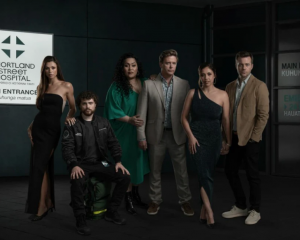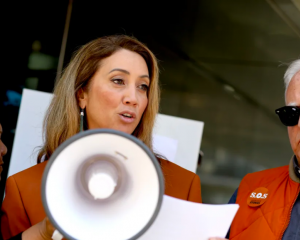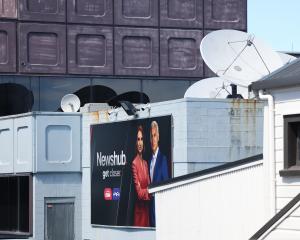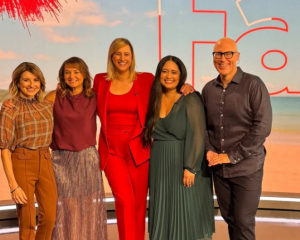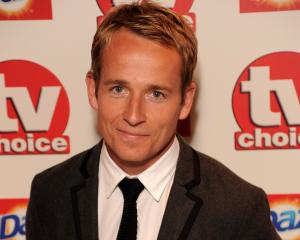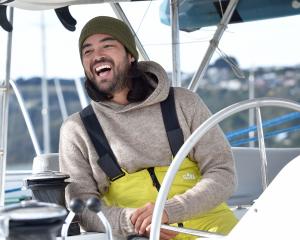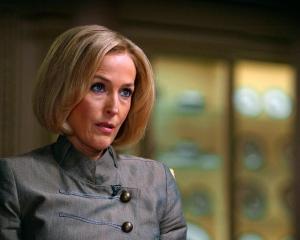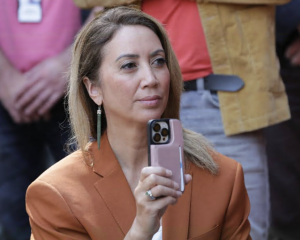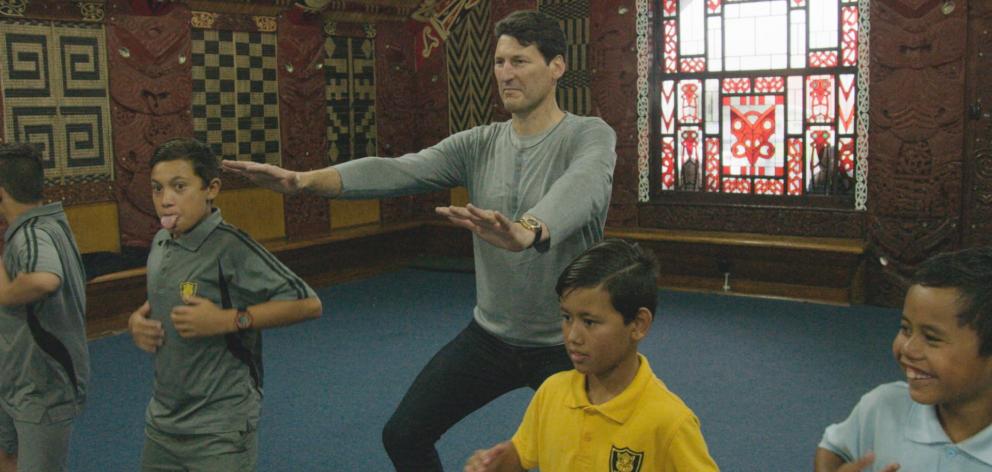
Wallabies great John Eales still regrets ignoring the All Blacks haka in 1996. However, he hopes a documentary on the ritual will make amends, writes Shane Gilchrist.
‘‘We knew it was the wrong thing to do, but we still did it. And to this day it still irks me. I’ve never felt comfortable with that decision.’’
Former Wallabies captain John Eales is referring to the July 1996 opening Bledisloe Cup rugby test against the All Blacks at Athletic Park, Wellington, where the Australian players chose not to face the pre-match haka, a disrespectful move that prompted outrage not only in New Zealand but also across the Tasman.
The fact the Wallabies were thumped 43-6 didn’t deter them from repeating the act a few weeks later at Suncorp Stadium, Brisbane, where the All Blacks scored a try in the dying minutes to win the game and claim the Bledisloe Cup.
Although those scores might have faded from memory, Eales still regrets that decision. So much so, in fact, that he has made a documentary about the haka that he hopes will provide a measure of redemption.
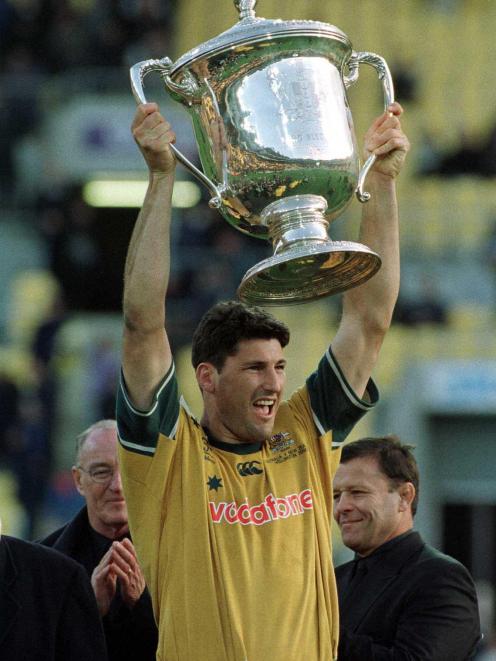
In John Eales Reveals: The Haka, he attempts to gain a deeper understanding of the ritual, its meaning and its impact.
‘‘It was important for me to make this documentary,’’ Eales explained.
‘‘It was something that had been on my mind for a long time. I wanted to get a greater understanding of what we did that day.
‘‘In regards why we ignored the haka back then, I think it was more a case of us not thinking of the implications of such a decision.
‘‘I don’t think it was cynical or arrogant. I think it was more naive. When you are competing at an international level, you are always trying to get the upper hand in some shape or form. So this was something that came to mind.’’
A two-time winner of the Rugby World Cup (in 1991 and 1999) who earned almost all his test caps for Australia while playing at lock, Eales explores this notion of psychological advantage, asking a sports scientist whether the haka gives the All Blacks any advantage over their opponents.
His conclusion: ‘‘I think the real advantage New Zealanders derive from the haka has to do with the way in which it connects people. It is a symbolic act that has been well practised. And that connects everyone who does it with those around them.
‘‘They are also connected to the history of the team, of their country and all the different heritages of the people that make up New Zealand. There is a lot of significance in that.
‘‘But . . . New Zealanders don’t have a mortgage on connection. Australians don’t have a haka but that doesn’t mean we aren’t connected. The key is, how can you build that connective chain.’’
Wisely, Eales enlists the help of New Zealand rugby legend Wayne ‘‘Buck’’ Shelford, a man credited with reinvigorating the All Blacks haka in the mid-1980s. ‘‘I really wanted Buck to be involved. I’d met him many times before and played against him once. It was a very important aspect of the documentary process.
‘‘I just thought if there was someone who could take me on this journey, who knows all about the haka, has a Maori heritage, then Buck is the ideal person. And he was happy to do so.’’
Their journey takes them to Turangi on the North Island where the most famous haka, Ka Mate originated, before Shelford sends Eales to Rotorua, where he meets a haka expert (as well as being stared down by a group of children performing the war dance).
Eales was also invited to take part in a haka, an experience he describes as ‘‘very uncomfortable’’.
‘‘It wasn’t something I thought I’d be doing. But it turned out to be a really important part of the journey for me. It gave me a better understanding of how the actions connect with the meaning, and also how those with whom I was doing it with connected with me.’’
Notably, Eales also visits the grave of All Black great Jonah Lomu. A member of that successful 1996 team, Lomu was honoured with a massive haka at his Auckland funeral in 2015.
‘‘Going to Jonah’s grave reminded us that we are only here temporarily, that you only have a certain time to do things,’’ Eales says. ‘‘He was on the other team that day, but is no longer alive. That puts things in perspective.
‘‘That also provided an opportunity to discuss the haka that was performed at Jonah’s funeral. I wasn’t there but I have watched it and it was very powerful.
‘‘The fact the haka is more than just something the All Blacks do is one of the things that comes through strongly in the documentary. It is done by the military, at funerals and celebrations. It is also done in competitions, such as kapa haka.
‘‘I think the haka helps provide that connection across cultures.’
I John Eales Reveals: The Haka screens on the Discovery Channel, on Sunday, August 20, at 7.30pm


